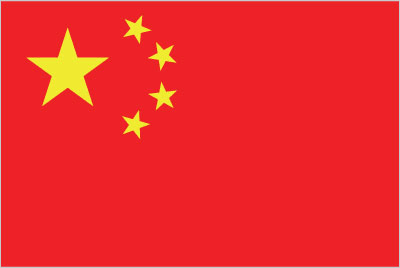Singapore is strong and well positioned
Singapore is strong and positioned well to withstand a slow down of its northern neighbors and to take advantage of advanced economy recoveries.
The IMF finds that Asian growth for 2014 should be at 5.4% and continue into 2015 at 5.5% maintaining its dominant position in economic vitality.
“Singapore’s economy continues to perform well, benefiting from the global economic of time. Growth recovered to 4.1 percent, in 2013, from 1.9 percent in 2012. Net exports accounted for half of the growth, while private and public consumption contributed the other half. A rising trade surplus drove up the current account of the balance of payments to 18.4 percent of GDP in 2013, from 17.4 percent of GDP in 2012. Inflation has decelerated.”, the International Monetary Fund found.
“External risks to the outlook have lessened as economic and financial conditions in advanced economies have improved in recent months, but there is a need to remain vigilant.”, the IMF team found in its Article Four review of the Country from April 30 through May 12th.
Macro Prudential policies in Asia have been used successfully to control housing price increases and to help bring about a tightening in national budgets.
“Asian response to the tapering effect of the US was swifter and more efficient”, giving Asia a less severe reaction to any potential instability due to UMP (unconventional monetary policy), Changyong Rhee, Asian Director of research at the IMF said.
Singapore has the unique mixture of diverse cultures all living side by side on a small island. Singapore is composed of almost 100% English speaking citizens with some accents showing their original descent. The cultural and thoroughly international representation that makes Singapore is Muslim, Buddhist, Christian, Hindu and Polynesian. Countries of origin are China, India, Africa, South East Asian Islands, United States and the United Kingdom.
Singapore’s official languages are English, Malay, Tamil and Mandarin.
Singapore’s neighbors are also fascinating. To its north is Thailand, Cambodia, Vietnam, Laos and Myanmar. To its East, West and South are the Indonesian Islands and Malaysian territories.
“Singapore’s economy could be affected by a slowdown in growth in China, financial market volatility related to a disorderly UMP exit, and geopolitical risks. Prudent macroeconomic policy responses, as well as the continued vigilance already shown by MAS (Monetary Authority of Singapore) to control financial sector vulnerabilities, should help mitigate the impact of these shocks.”, Chikahisa Sumi said as lead writer for the IMF report.
In a video on the IMF website in April, the commentator mentioned the doubling effect any slowdown in China will have on East and South Asia.
“Looking ahead, recovering demand in advanced economies is likely to be offset by the gradual tightening in global monetary conditions. As a result, Singapore’s growth is expected to moderate to around 3.6 percent during 2014−2015, narrowing the positive output gap”, continued Chikahisa Sumi.
Singapore works to anticipate future needs, studies how its neighbors and allies conduct business or form policy and Singapore combines the best of the world to prepare for the future. For example, health care for its aging population.
The IMF applauded its “establishment of a Pioneer Generation Fund to finance rising health care costs for the elderly.”
Singapore gained its independence nearly fifty years ago. Lee Kuan Yew built a country that has surpassed many expectations and leaped beyond hurdles that have crippled larger economies. This bodes well for the next 50 years of Singapore dominance.




Comments are closed.